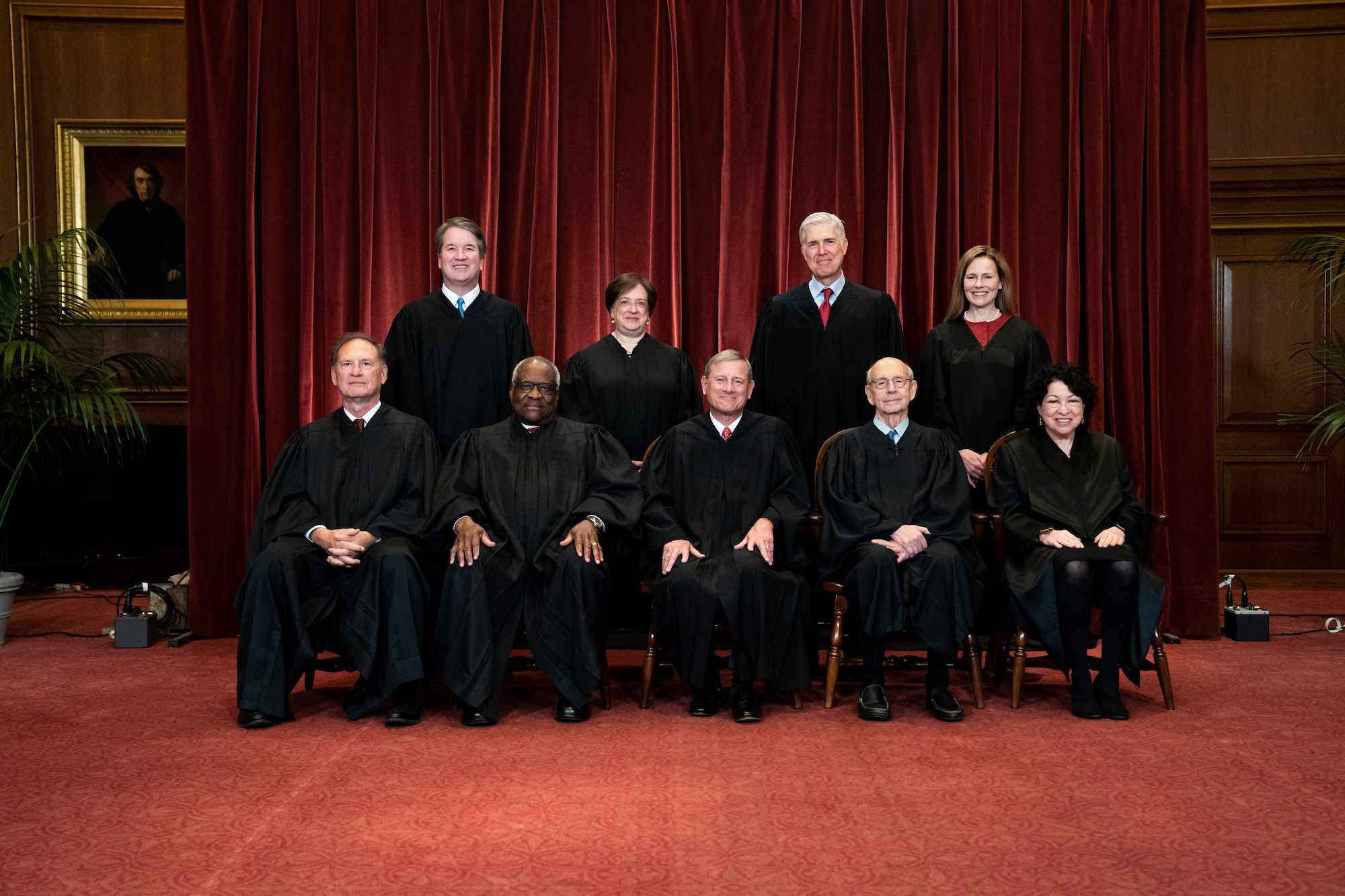
The Supreme Court to hear its first potential challenge of Roe v. Wade
A case from Mississippi will allow the Supreme Court to rule on the constitutionality of the state’s ban on most abortions after 15 weeks.
On Monday, May 17, the Supreme Court announced its intention to hear Dobbs v. Jackson Women’s Health Organization, a Mississippi case that could be the first challenge to Roe v. Wade since the court’s addition of Justice Amy Coney Barrett.
Dobbs is a challenge to a Mississippi law that bans abortions after 15 weeks, except in cases of medical emergency or severe fetal abnormalities.
It started when Mississippi passed the law in 2018. Not long after, the Jackson Women’s Health Organization — the only licensed abortion provider in the state, as pointed out by SCOTUSblog — filed a lawsuit challenging the law and blocking the state from enforcing it.
A federal district court then sided with the women’s health clinic, reasoning that previous Supreme Court cases have asserted that states do not have a right to ban abortions before a fetus becomes viable — in other words, it can survive outside of the uterus, which occurs around 24 weeks.
As Vox also notes, the Mississippi ban is applicable even before the fetus is viable.
The U.S. Court of Appeals for the 5th District later upheld the decision after the state tried to argue against the district court’s interpretation of the Supreme Court decisions.
Mississippi argued that the district court had to decide if the law created a “substantial obstacle” for women trying to get an abortion before the fetus becomes viable, attempting to characterize the law as a restriction on pre-viability abortions rather than a ban.
RELATED CONTENT
The appeals court stressed that it was an outright ban on pre-viability abortions, again, going in line the Supreme Court’s decisions.
After its appeals court failure, the state then pitched the case to the Supreme Court, which will now hear it next Fall.
The Supreme Court’s main question to answer will be if all pre-viability prohibitions on abortions are unconstitutional.
Jackson Women’s Health Organization argued for the Supreme Court to stay out of the case considering its long-standing view that the Constitution upheld womens’ rights to terminate pregnancies before viability, but the decision to listen to arguments falls in line with a potential interest from its conservative members to rule on the matter.
The approach could also lead to an overruling of the longstanding view against pre-viability abortions.
Given the addition of Justice Amy Coney Barrett, conservatives have a 6-3 advantage on the court, and no longer need the support of Chief Justice John Roberts to win cases.











LEAVE A COMMENT:
Join the discussion! Leave a comment.